We have a system that increasingly taxes work and subsidizes nonwork
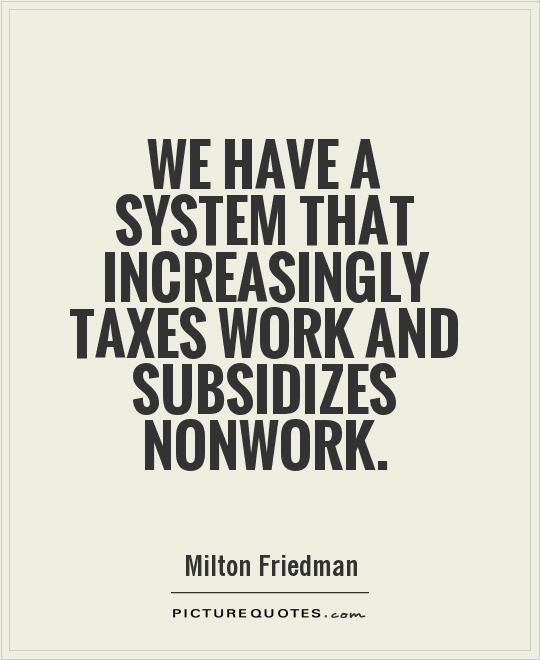
We have a system that increasingly taxes work and subsidizes nonwork
In the realm of economics, the statement "We have a system that increasingly taxes work and subsidizes nonwork" highlights a fundamental issue that has been a topic of debate for many years. This phenomenon can be seen in various aspects of the economy, from tax policies to welfare programs, and has significant implications for both individuals and society as a whole.One of the key ways in which this system manifests is through the tax code. In many countries, individuals who earn income through work are subject to income taxes, payroll taxes, and other levies that reduce their take-home pay. On the other hand, those who do not work or earn income through sources such as investments or inheritance may be subject to lower tax rates or even receive tax breaks. This creates a situation where individuals who work are penalized through higher taxes, while those who do not work are incentivized to remain out of the workforce.
At the same time, many governments provide various forms of welfare assistance to individuals who are not working or are unable to work. This can include unemployment benefits, disability payments, food stamps, and housing assistance, among other programs. While these programs are intended to provide a safety net for those in need, they can also create a disincentive for individuals to seek employment or improve their skills. This can lead to a cycle of dependency on government assistance, rather than encouraging individuals to become self-sufficient through work.
The implications of this system are far-reaching. On an individual level, it can lead to decreased motivation to work and contribute to society, as individuals may see little financial benefit from doing so. This can also have negative effects on overall economic productivity, as a large segment of the population may be underutilized or not participating in the workforce. Additionally, the burden of supporting nonworking individuals falls on those who are employed, leading to resentment and inequality within society.

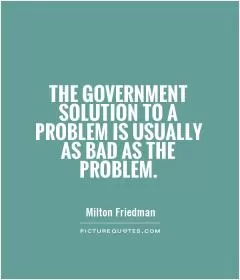
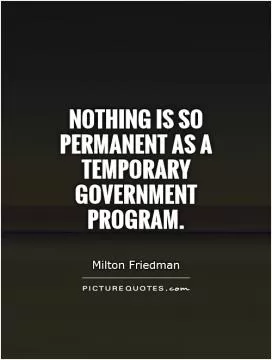
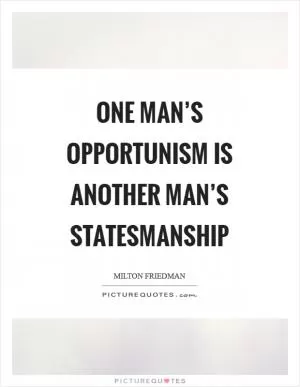
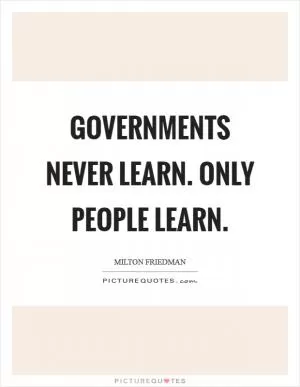

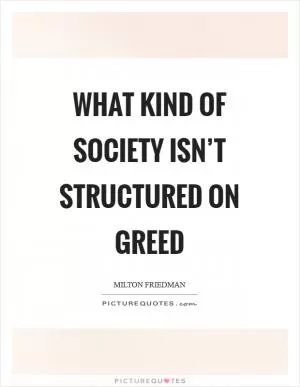
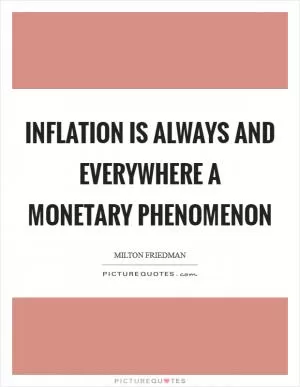
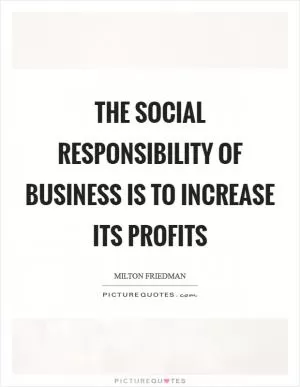
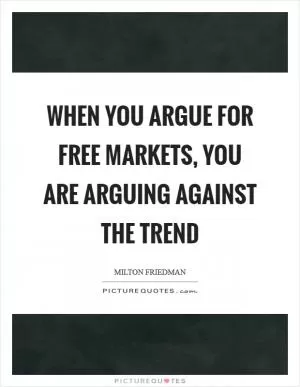


 Friendship Quotes
Friendship Quotes Love Quotes
Love Quotes Life Quotes
Life Quotes Funny Quotes
Funny Quotes Motivational Quotes
Motivational Quotes Inspirational Quotes
Inspirational Quotes